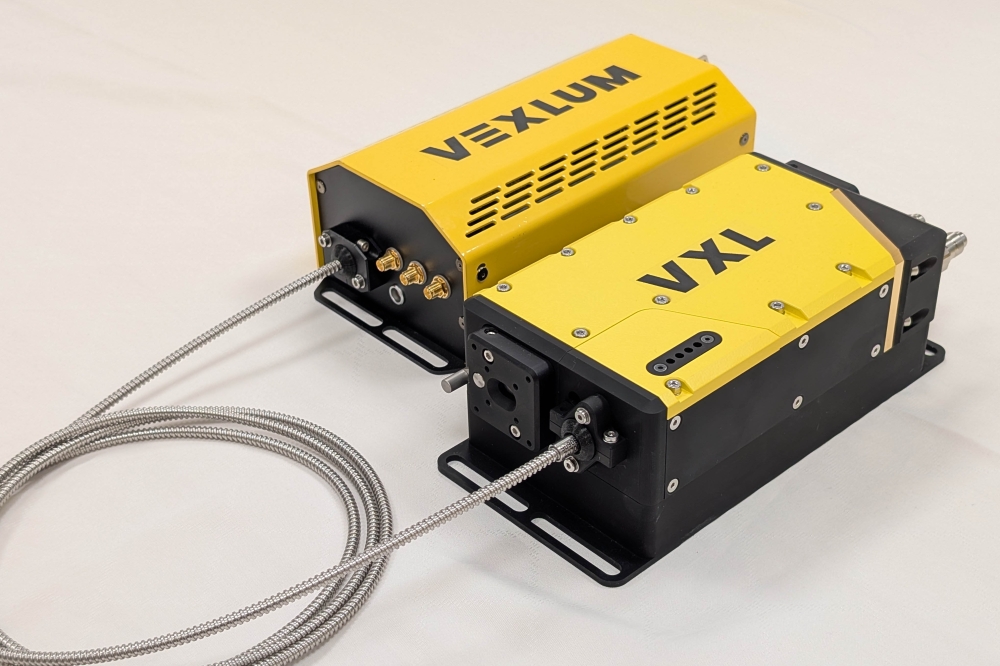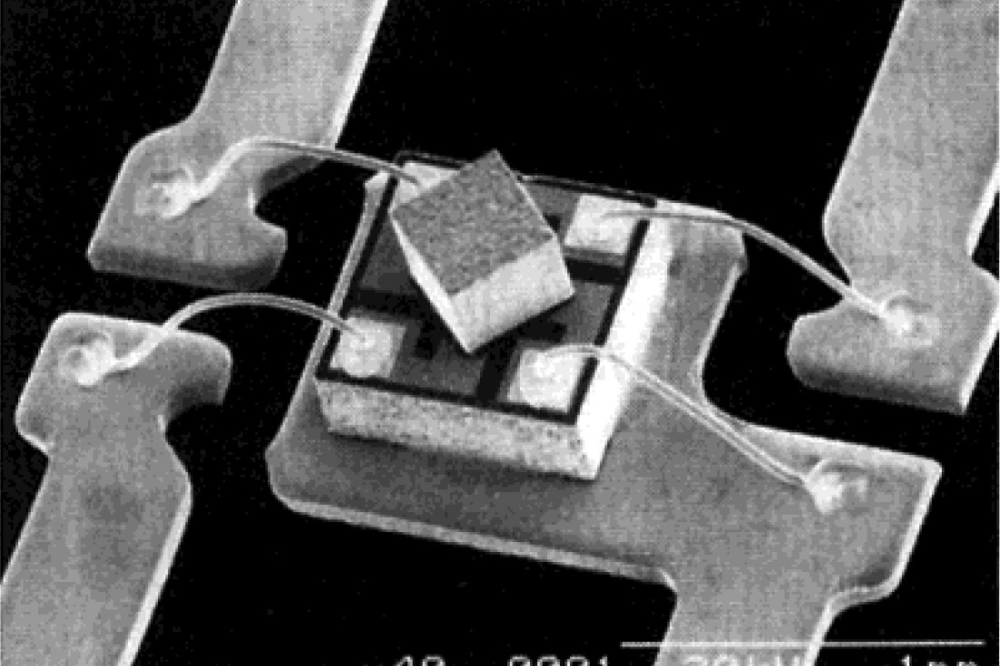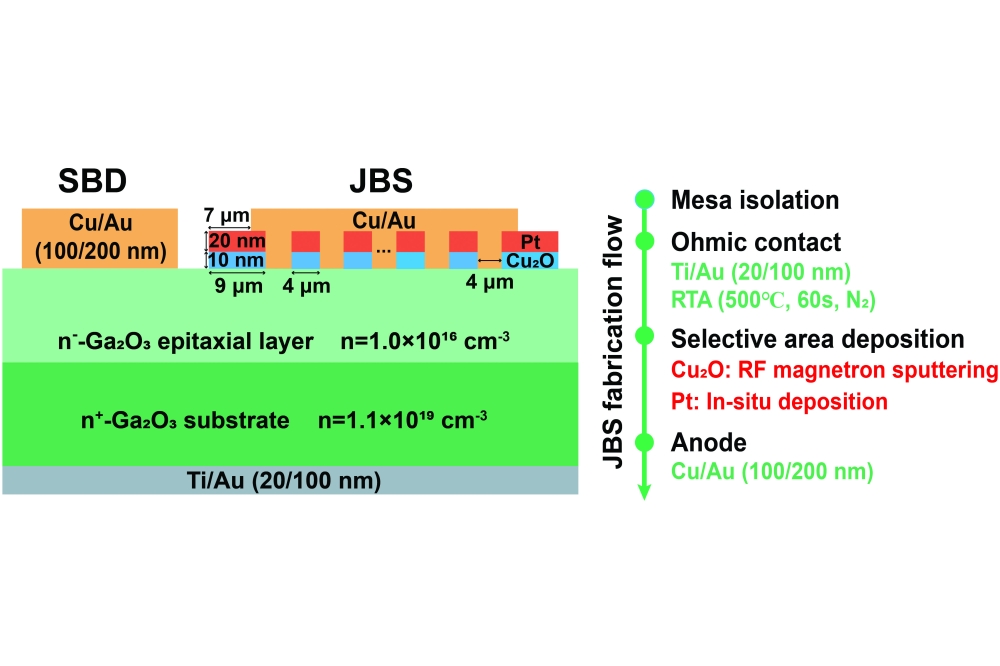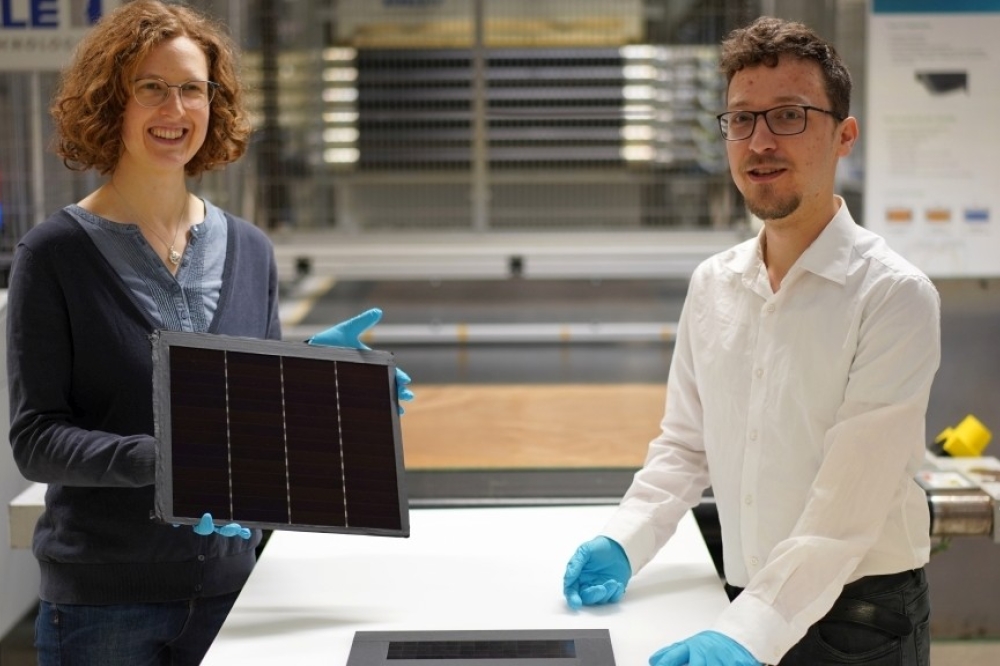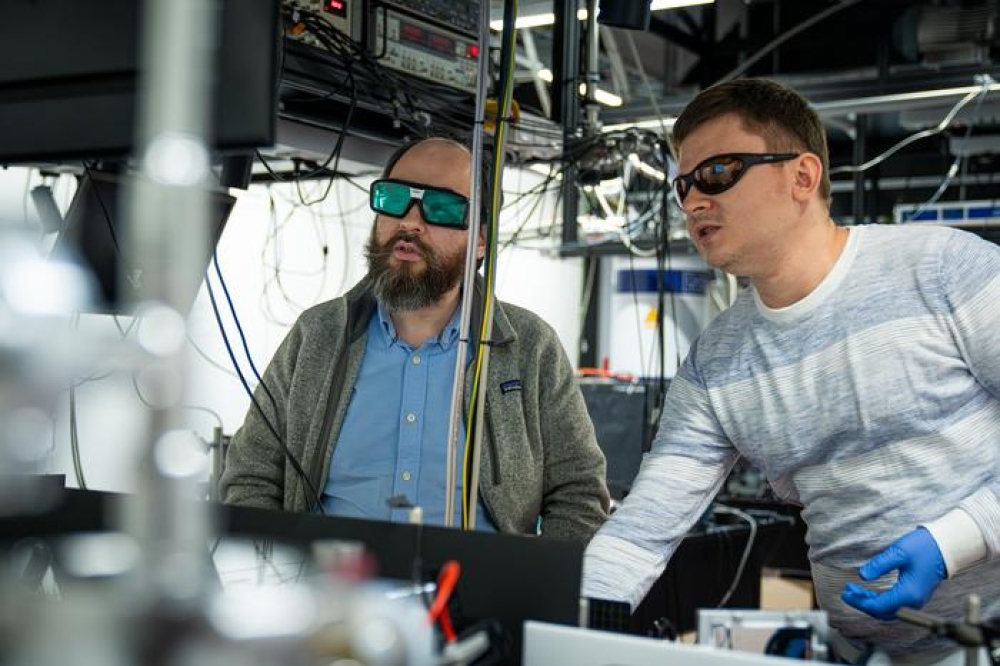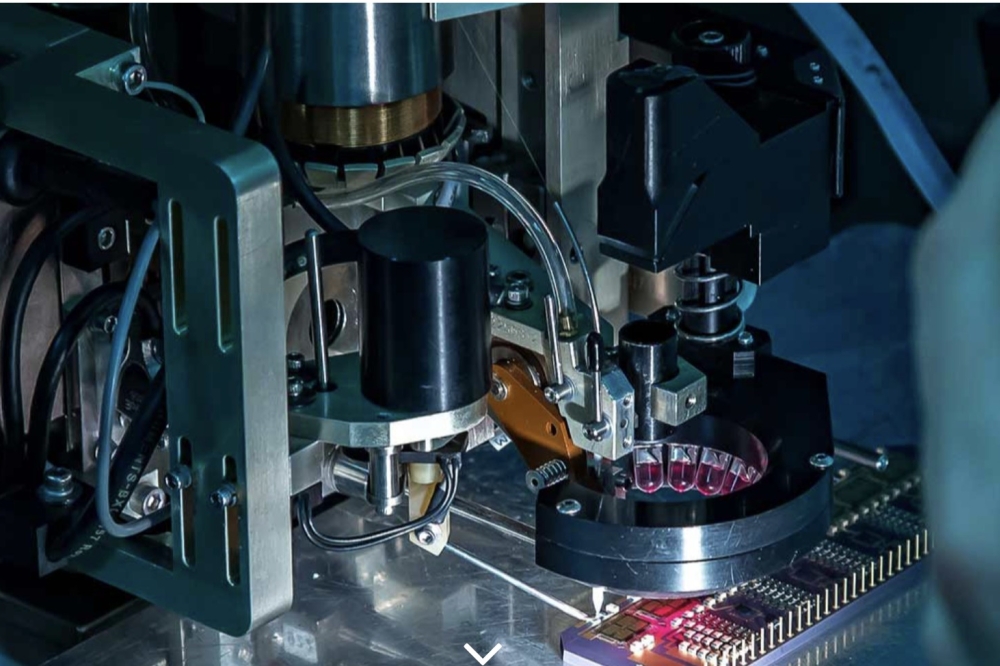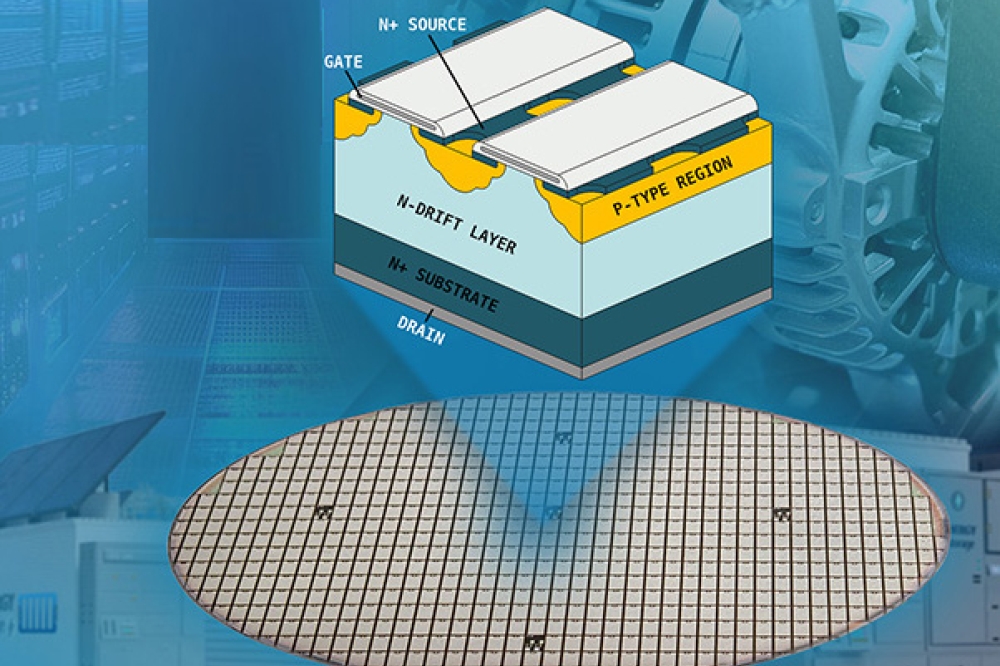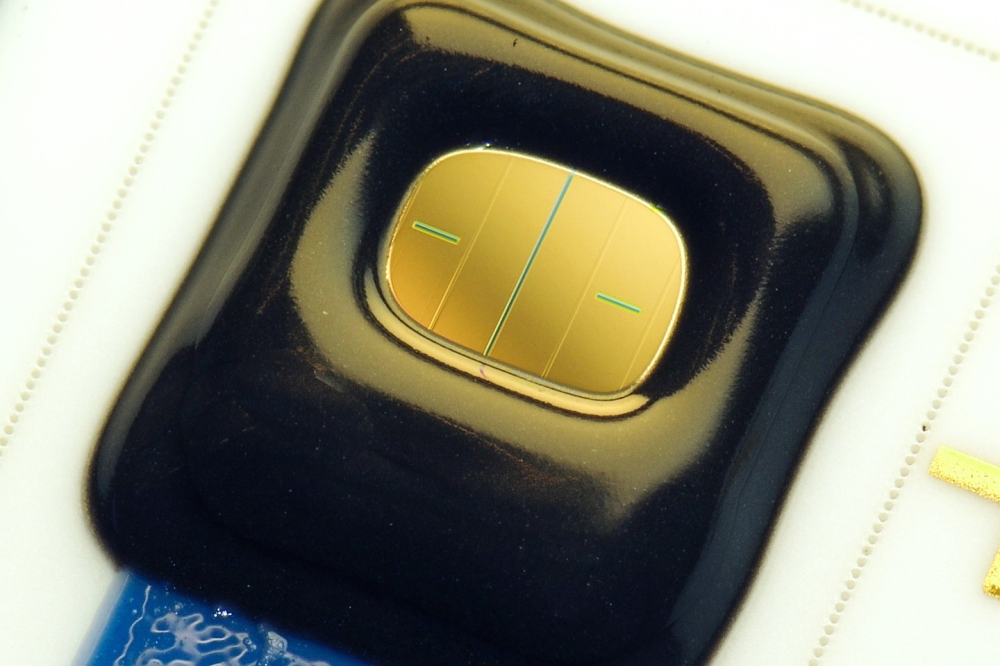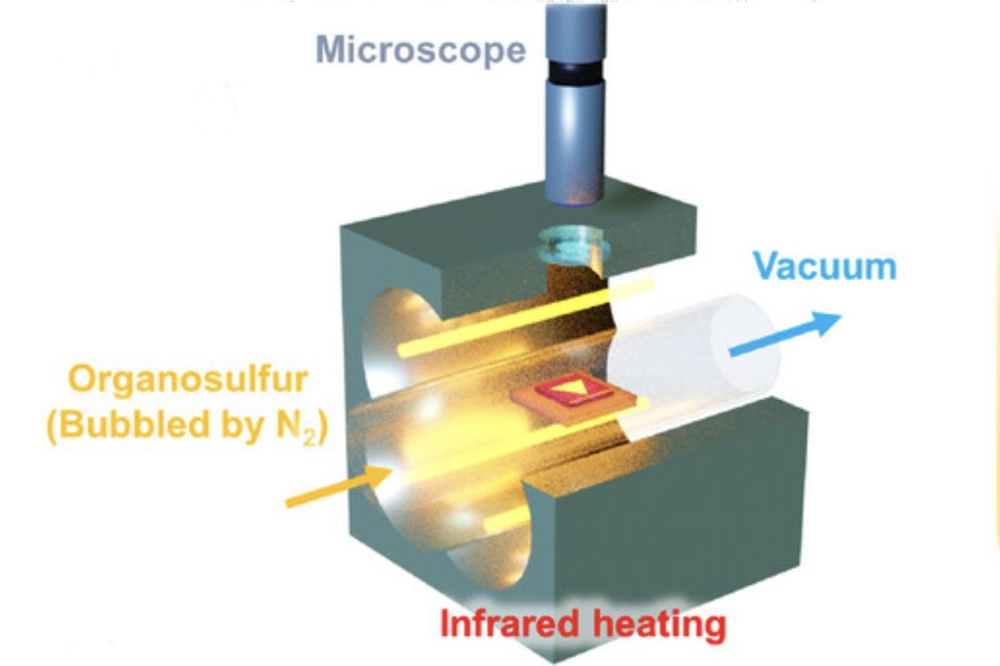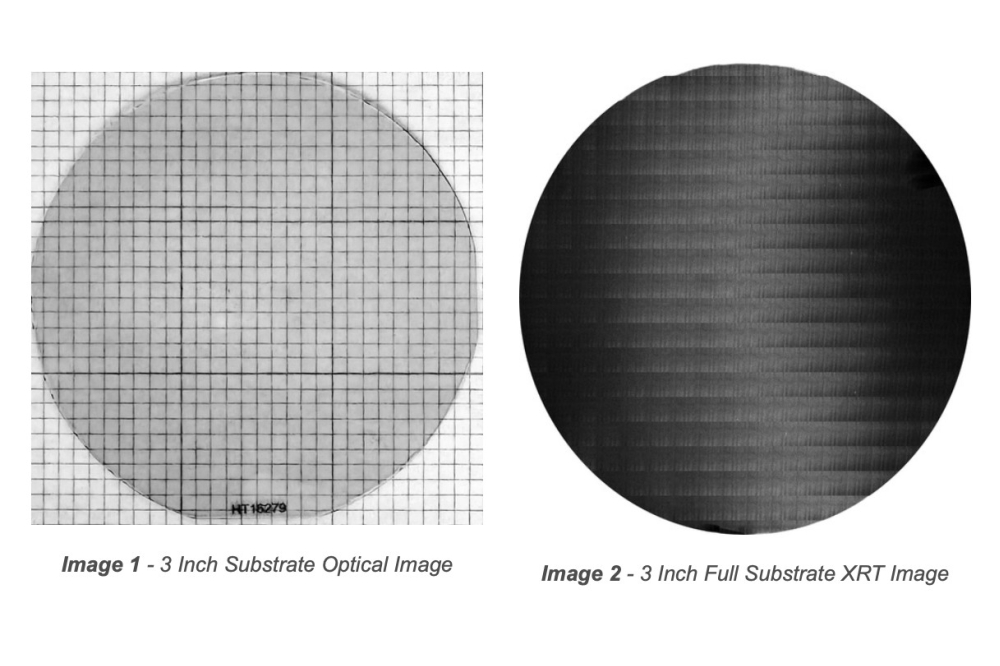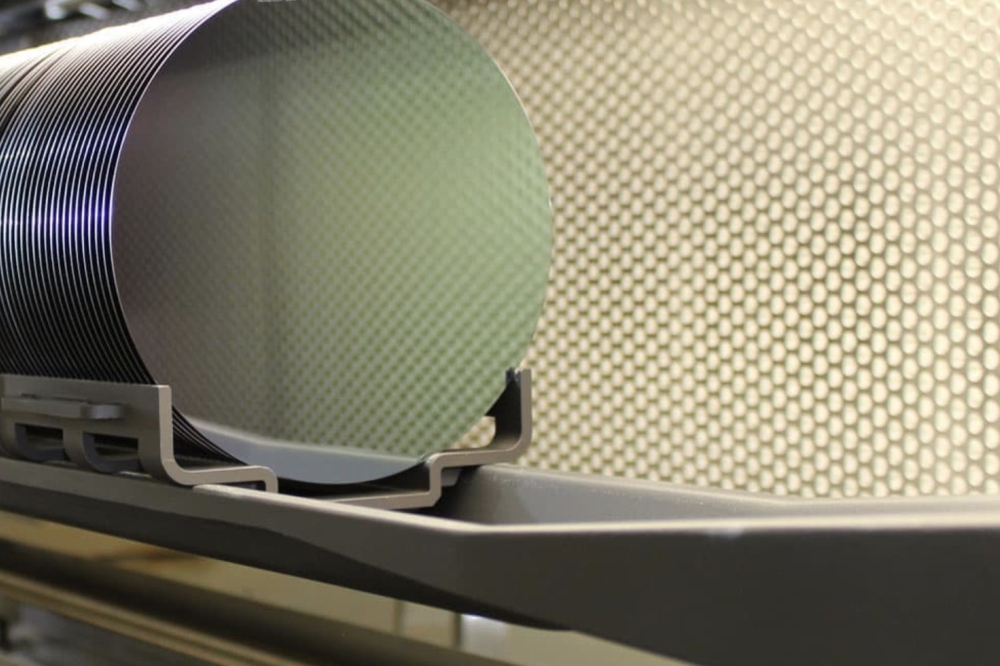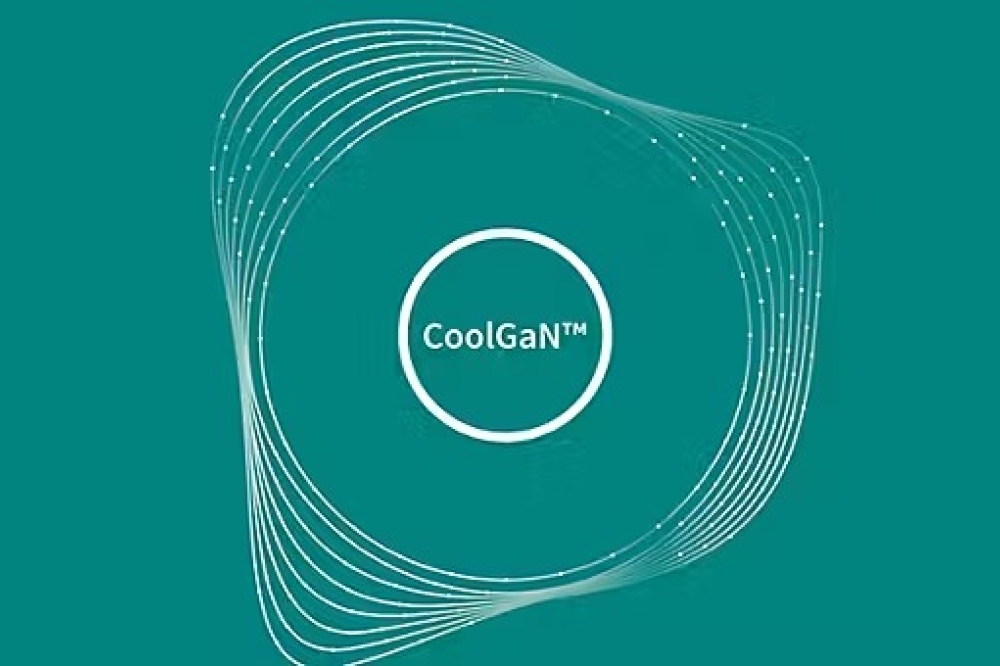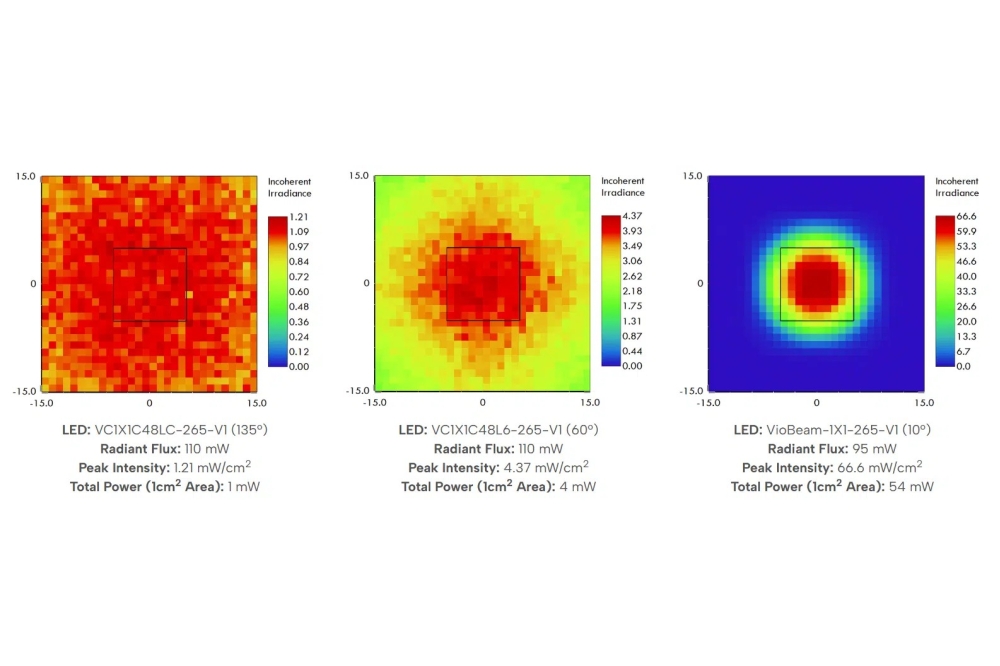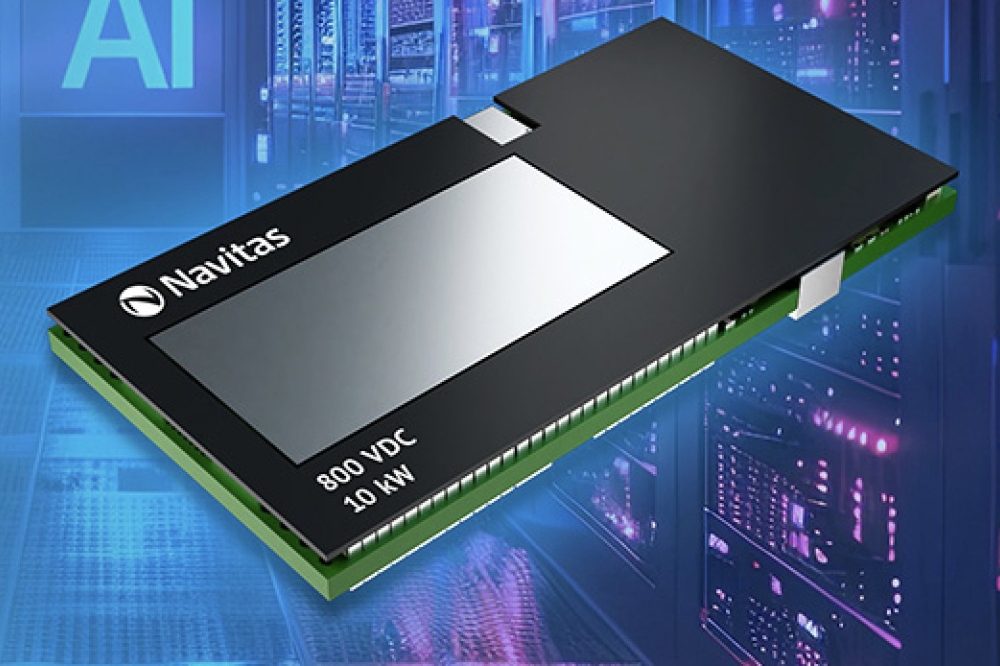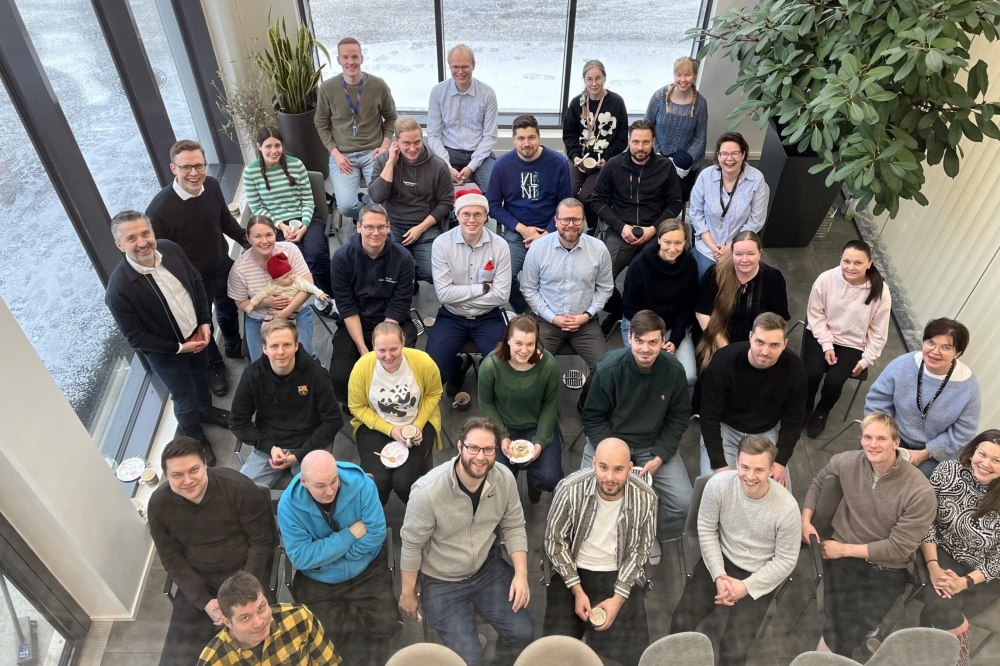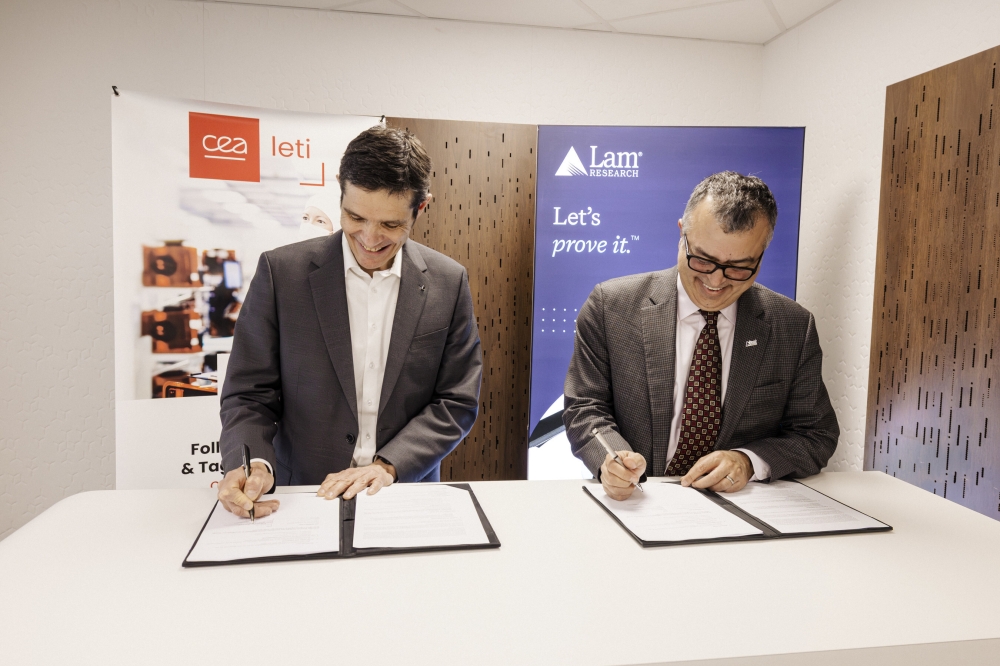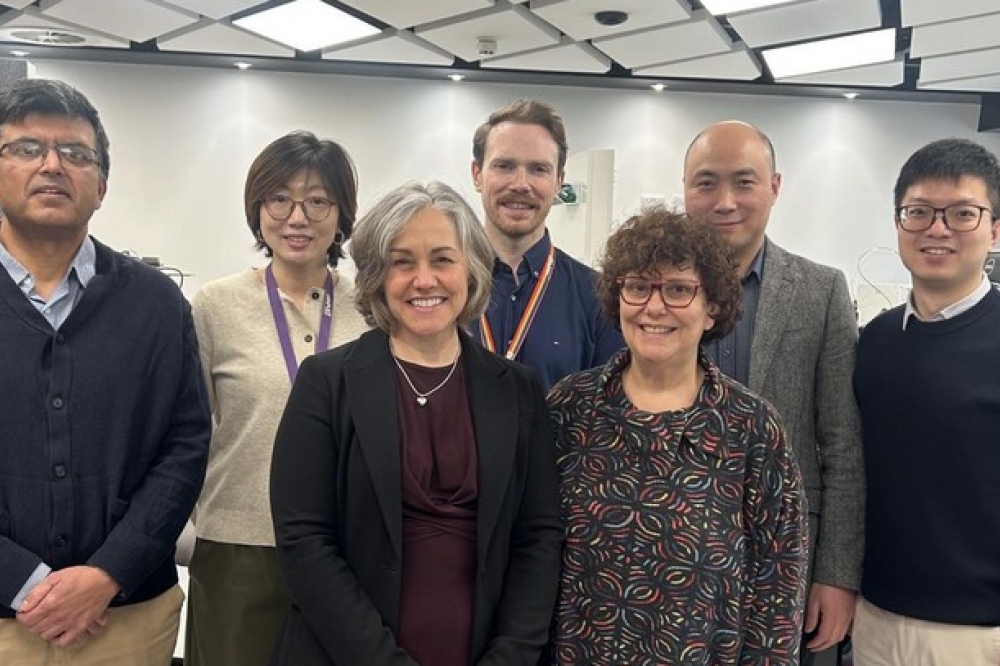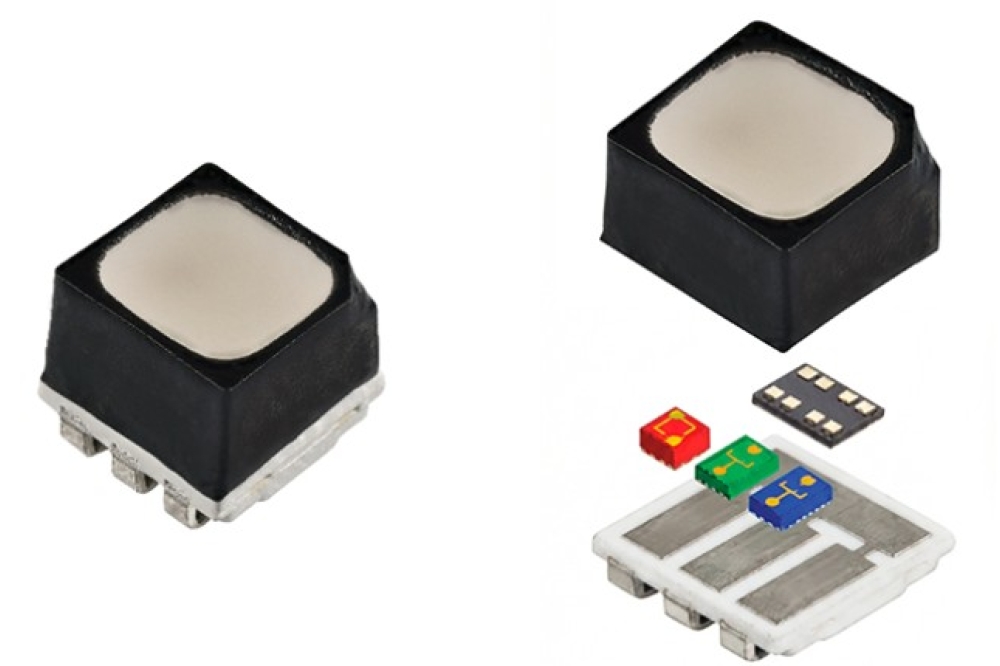Smartkem signs agreement with FlexiIC

Smartkem, a UK maker of organic thin-film transistors (OTFTs), has signed a multi-year agreement with FlexiIC, a Spanish company designing flexible integrated circuits and systems.
The goal of the two-year project is to develop custom circuitry using OTFT technology and n-type oxide TFT to make low-power CMOS enabled sensor devices.
The devices are expected to incorporate mixed signal and digital IPs, such as RISC-V cores (a circuit type which uses an open-source instruction set), as well as using machine learning (ML) to improve processing of signals.
Smartkem chairman and CEO, Ian Jenks commented, "This project with FlexiIC furthers Smartkem’s technology for potential use in the field of large area, low power consumption electronics suitable for the internet-of-things (IOT), a market which is expected to grow to approximately $4,062.34 billion by 2032, a CAGR or 24.3 percent from 2024."
He added: "The use of CMOS architecture in this application is significant as it consumes much less power, has better noise margins, generates less heat and has enhanced scalability compared to alternative PMOS architectures. We are excited to be involved in this ambitious project and, if successful, we believe that this project will demonstrate the utility of Smartkem’s technology in next generation biosensors, force sensors, optical sensors, chemical sensors, item level tracking, and other new areas of flexible electronics.”
FlexiIC co-CEO Eloi Ramon said: “Our innovative sensor acquisition platform offers affordability, adaptability, and eco-friendliness, empowering diverse sensor applications with robust amplification and transmission capabilities to mitigate noise interferences effectively. The partnership in this project with Smartkem to provide custom circuits in foil with low power and a rapid turnaround from design through fabrication is vital to the success of system in foil devices”.
SmartKem's patented Truflex semiconductor and dielectric inks, or liquid electronic polymers, are used to make a new type of transistor. The company has a six-layer transistor stack design and process, that uses a comparatively low temperature of 80°C and that can be solution deposited, onto low-cost substrates of either plastic or glass.

